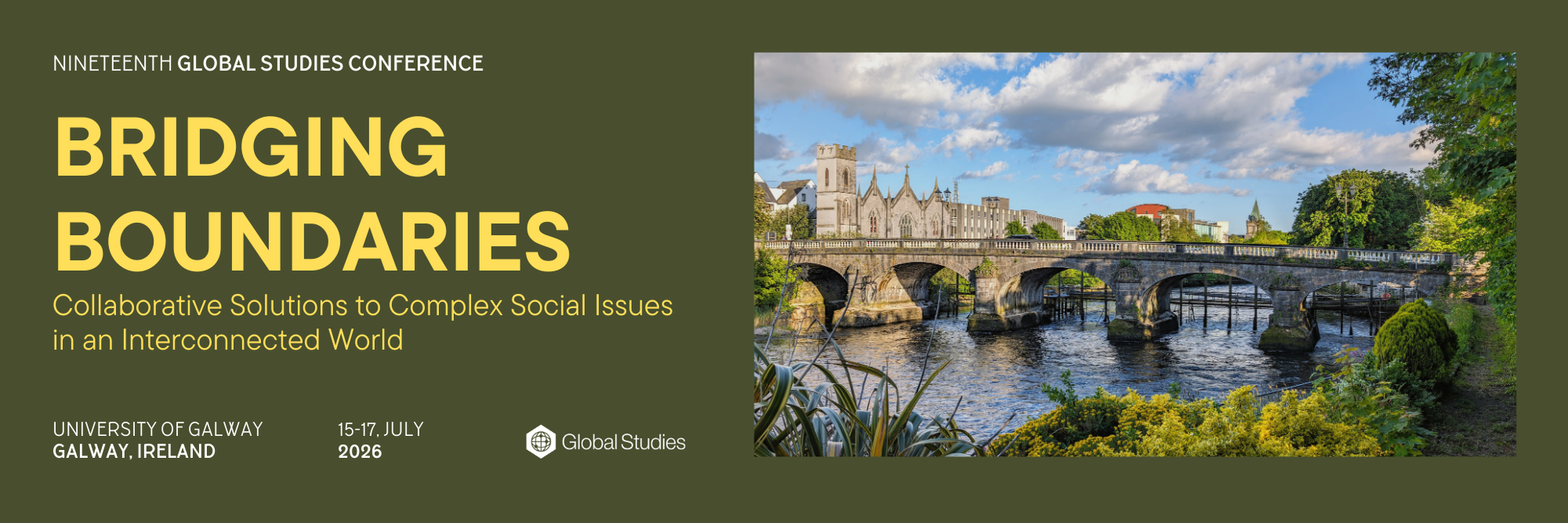Abstract
The Global Childhoods Project examines how children’s lifeworlds connect with educational success across Australia, Hong Kong, and Singapore. International testing regimes often frame policy borrowing from East Asian systems as the path to improvement, yet such approaches obscure the cultural and social vectors shaping children’s everyday learning. The study foregrounds these vectors by investigating how school, home, and community experiences intersect with reform agendas. Methodologically, the project integrates surveys of 1,000 Year 4 students, classroom ethnographies, lifeworld re-enactments, and comparative policy analyses. This design uncovers how aspirations, digital practices, peer cultures, and family expectations mediate dispositions toward success in ways that cannot be reduced to rankings or scores. Findings highlight the disjunctures between policy imaginaries of standardised success and the lived realities of children in diverse global city contexts. Data from the project uncovers children’s perspectives that show alternative imaginaries of success—ones centred on creativity, belonging, and future possibility. In addressing the conference theme vectors of society and culture, the project shows that educational outcomes are not linear results of reform, but negotiated products of cultural trajectories spanning home, school, and transnational flows. Recognising lifeworlds as central to these imaginaries enables policymakers and educators to design more equitable, engaging, and culturally responsive practices.
Presenters
Nicola YellandProfessor of Early Childhood Studies, Melbourne Graduate School of Education, The University of Melbourne, Victoria, Australia
Details
Presentation Type
Paper Presentation in a Themed Session
Theme
Vectors of Society and Culture
KEYWORDS
GLOBAL CHILDHOODS, EDUCATIONAL SUCCESS, HIGH STAKES TESTING, CHILDREN'S LIFEWORLDS

